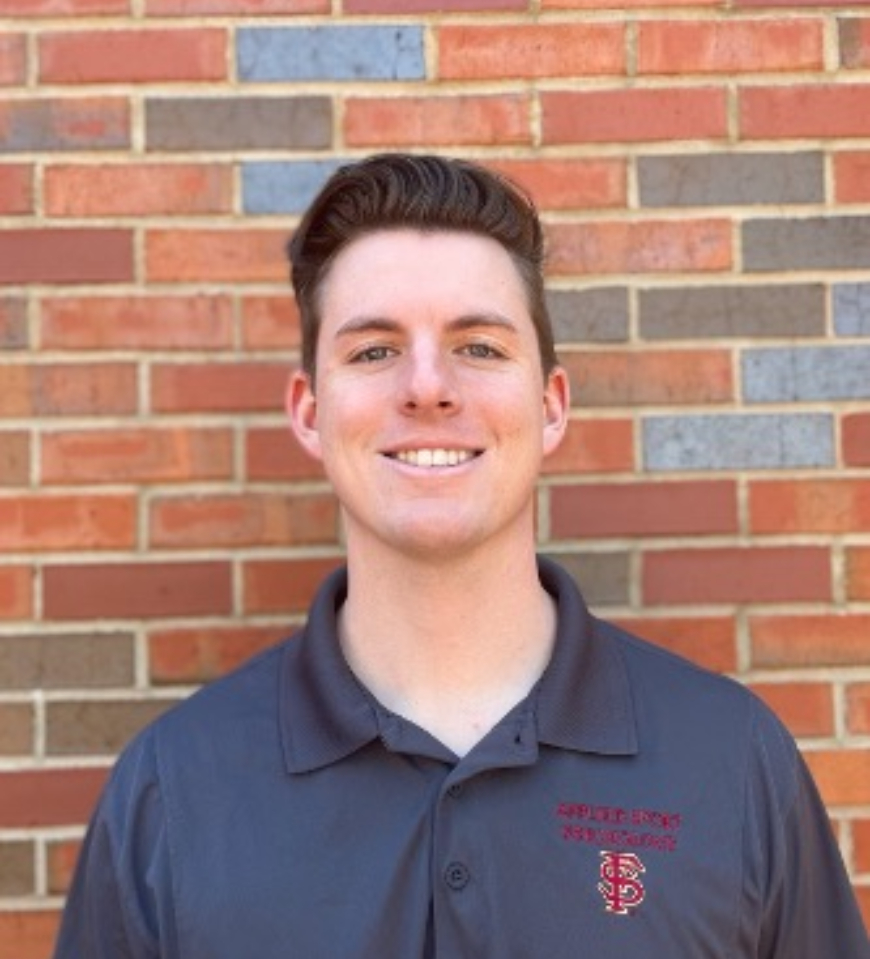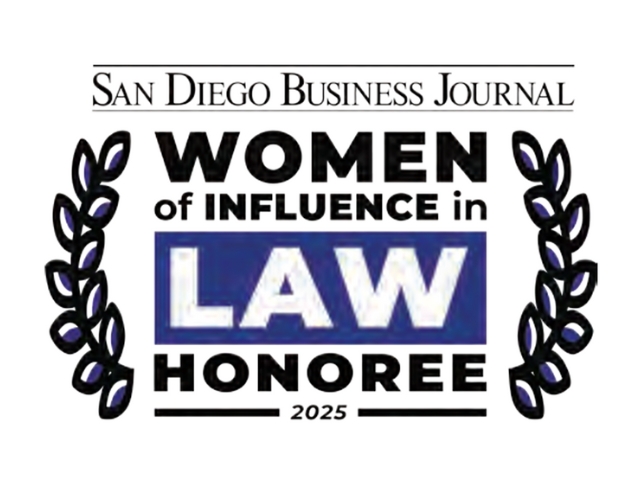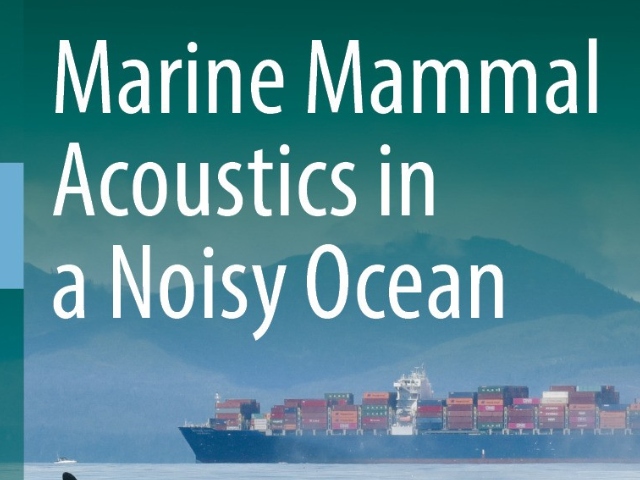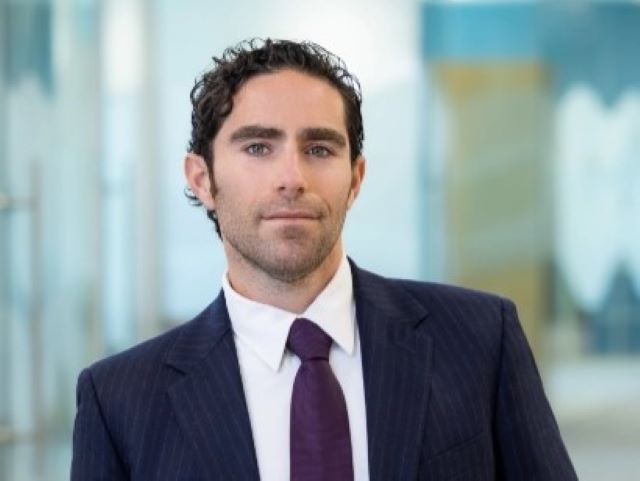Psychology Alumnus T.J. Elkinton Will Attend Arizona Sate University's Counseling Psychology PhD Program

This upcoming fall, University of San Diego alumnus T.J. Elkinton will begin his PhD program in counseling psychology at Arizona State University. Elkinton graduated from the university in the Spring 2018 with a bachelor's of art in psychology and a minor in communication studies. During his time at USD, Elkinton joined Dr. Goldschmied’s research lab in his junior year. While in the lab he conducted data collection for one research project and set up the research design for another. He mentioned that although these experiences were not easy, “they pushed me out of my comfort zone and ultimately led me to learn valuable lessons and to grow as a researcher and student.”
Read more about Elkinton’s USD experience and advice he has for USD students below.
What was your overall USD experience like? Is there a person, course or experience that influenced you while at USD?
In reflecting on my experience at USD, it was everything I could have hoped for and more. I deferred opportunities to play college football because I was absolutely in love with USD’s campus and resources for students. During my time at USD, I was met with continuous support by classmates, teachers and mentors. When I was a sophomore, I realized that sport psychology was a field that I was interested in pursuing. I talked to my advisor and was immediately referred to Dr. Nadav Goldschmied within the psychology department. After taking his social psychology and sport psychology courses, I knew that helping to improve the performance and overall experience of athletes was what I wanted to do with my life. I joined Dr. Goldschmied’s research lab during my junior year and assisted him in conducting data collection for one research project while setting up the research design for another. Throughout the process he encouraged my ideas, seriously considered my insights, and connected me with professionals within the IT department to help me learn how to use platforms like SPSS and Qualtrics. Although these experiences were not easy, they pushed me out of my comfort zone and ultimately led me to learn valuable lessons and to grow as a researcher and student.
We know you are going to start your doctoral program at Arizona State University, is there anything you want to share about your path and how you ended up there?
In the upcoming fall, I will begin my PhD in counseling psychology at Arizona State University. My acceptance would not have been possible without the connections I made in my undergraduate and master’s degrees. My experiences with Dr. Goldschmied during undergrad led to my acceptance into Florida State University’s sport psychology master’s program. Upon entering FSU, I made a point to individually meet with three of my professors on a monthly basis. Our meetings primarily involved discussing professional development opportunities, my goals, and feedback on my academic and consulting endeavors. My relationships with these faculty members led to incredible letters of recommendation, as well as the scheduling of meetings with faculty members at some of the PhD programs I applied to. My point in mentioning all this is to stress the importance of networking during undergrad and every step following graduation. Networking doesn’t just have to be reaching out about job opportunities. It can be as simple as meeting your professors for coffee or reaching out to professionals to discuss their journey to their current jobs. Efforts like these make the biggest differences and are my “key to success” in getting where I am right now.
Do you have any advice for first years or transfer students that you wish you had known earlier on during your time at USD? Any post-grad advice/life lessons for students who are soon about to embark on that journey?
The biggest piece of advice that I would give would be to focus on quality over quantity in your experiences. It is a common misconception that you need to be a member of ten clubs, holding executive positions in each of them, getting work experience, research experience and volunteering experience all at once. Even writing all this out gives me a headache because it’s not reasonable to expect an individual to excel in this many domains at once. Focus on “quality” in the sense of engaging in professional and academic development opportunities that you enjoy, can pour your efforts and time into and can truly commit yourself to get the most out of. This is the best way to grow and learn as an individual to prepare yourself for post-grad life.
In terms of individuals approaching graduation, my advice would be to believe in yourself. It is easy to compare yourself to others and the opportunities they may be pursuing upon graduation. However, if you believe and trust in what your goals are and what you want to do, I guarantee that your experiences at USD have prepared you to accomplish these.
Anything else you'd like to tell us about yourself that is fun/important for us to include in the post?
I participated in the Creative Collaborations Conference during the semester before I graduated, and I would highly recommend this experience to students. Even if you haven’t assisted in research projects or conducted your own, it is a great opportunity to improve your presentation skills and professionalism. I presented an archival study that allowed me to practice reviewing literature and sorting meaning from it. Don’t be afraid to try something similar and gain a new experience!
Contact:
Department of Psychology
psychology@sandiego.edu
(619) 260-4511



